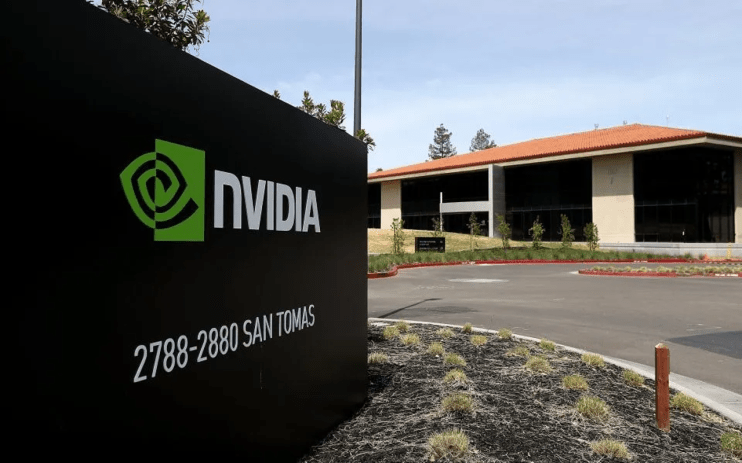Elliott warns Nvidia is in ‘bubble land’ and AI is ‘overhyped’

Hedge fund Elliott Management has slammed artificial intelligence technology as “overhyped”, warning that star stock Nvidia is in “bubble land”.
Run by Paul Singer, Elliott has become notorious as one of the largest activist investors, and has now said that some of the largest tech stocks in the US, particularly Nvidia, are in “bubble land”, according to a letter it sent to clients seen by the Financial Times.
Nvidia’s share price has skyrocketed over the last year, rising almost 600 per cent since the start of 2023 as the enthusiasm around AI began to take off.
The stock has grown to become the third largest company in the world, beaten out only by fellow ‘Magnificent Seven’ tech giants Apple and Microsoft.
However, recent wobbles in the US market and growing scepticism of the profitability of AI have shaken investor confidence, causing the stock to fall over 16 per cent in the last month.
Since market open this morning, Nvidia’s share price has already dipped six per cent as fears grow about a US slowdown.
According to the letter, Elliott said that when Nvidia began to report poor numbers, this “breaks the spell” and would lead the stock’s ‘bubble’ to burst.
The hedge fund said that it was “sceptical” that companies would continue to buy Nvidia’s graphics processing units at such high rates, but warned that shorting it could be “suicidal”.
As a whole, Elliott seemed sceptical of AI’s ability to seriously boost productivity, stating that it was “overhyped with many applications not ready for prime time”.
Many of the uses for AI are “never going to be cost-efficient, are never going to actually work right, will take up too much energy, or will prove to be untrustworthy”, the hedge fund explained.
“There are few real uses,” it added, other than “summarising notes of meetings, generating reports and helping with computer coding”.
The memo echoed a similar paper from Goldman Sachs last month that questioned the productivity benefits of AI and warned that returns were likely to be significantly more limited than anticipated.
“AI technology is exceptionally expensive, and to justify those costs, the technology must be able to solve complex problems, which it isn’t designed to do,” said Jim Covello, head of global equity research at Goldman in the paper.
Elliott was contacted for comment.